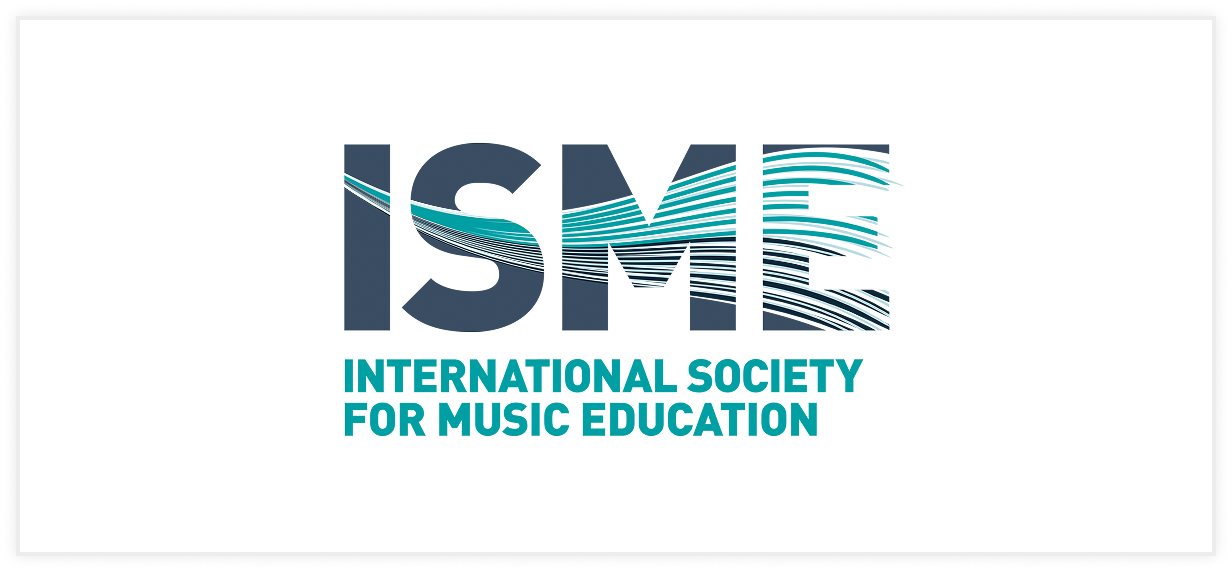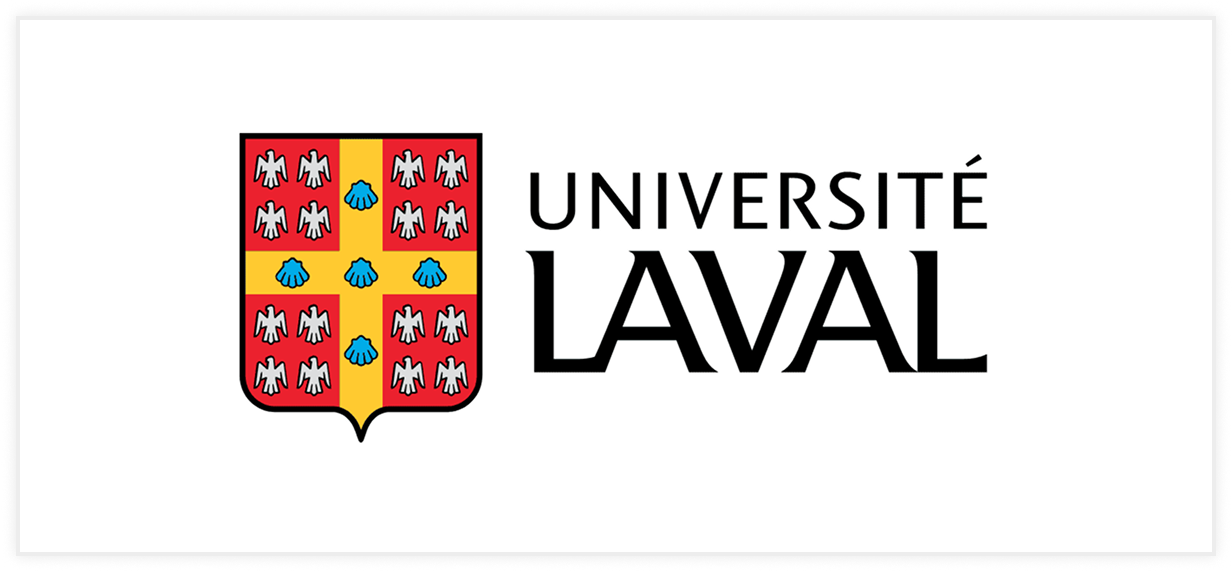INSTRUMENTAL & VOCAL MUSIC TEACHING COMMISSION
21 - 24 July, 2026

Instrumental & Vocal Music Teaching Commission
ISME Commission Pre-Conference Seminar
Call for Papers 2026
Theme
Inclusivity, sustainability, and relationality in instrumental/vocal teaching
Dates
21-24 July, 2026
Venue
Université Laval, Québec,
Canada
The IVMTC proudly instigates a series of awards. These include 2 Graham Bartle Travel Awards, and 2 preconference presentation awards. More details on the submission platform
Submission types at a glance
| Type of submissions | Abstract word limit | Duration (mins) | Max No. of Co-Presenters / Panelists | Max No. of Co- Authors |
|---|---|---|---|---|
| Full Spoken papers | 400 word Abstract + 3000 word full paper Same time | 30 min + 15 min | 1 - 2 | Unlimited |
| Spoken papers | 400 Words | 20 min + 10 min | 1 - 2 | Unlimited |
| Posters | 400 - 450 Words | 6 min - 8 min | 1 | Unlimited |
| Workshops | 400 words | 45 min | 1 - 2 | 1 - 2 |
| Symposia | 800 words | 90 min | 3 - 6 | 3 - 6 |
Important Dates
Submission Deadline : Closed
Result notification : Dec 2025 / Jan 2026
Registrations will open : Dec 2025 / Jan 2026
Submission Guidelines
Multiple submissions Policy for IVMTC
- Number of Submissions per Author: Each author can submit up to two abstracts.
- Number of Presenters per Abstract: Please check the table above.
Pathways to Publication for IVMTC
- All accepted abstracts will be included in the Conference Proceedings
- All accepted abstract titles will appear in the Conference Program
- All accepted Full Papers will be published in the Conference Proceedings
Pathways to 37th ISME World Conference, Montreal
Graham Bartle IVMTC Travel Awards
- Applicants from conference’s underrepresented countries
- First-time IVMTC conference attendees
- Applicants who are unable to secure funding from other sources
When the awards submission process opens, you will be requested to submit a CV and a short letter of motivation (approximately 300 words), describing:
- The ways in which attending the pre-conference meeting contribute to the individual’s further work in the areas covered by the IVMT Commission.
- How the applicant’s field of interest fits with the IVMTC pre-conference 2026 theme.
- The reasons why the applicant’s institution does not provide support.
Please check back here for updates on the submission process for this award.
How to apply: We will post a link to apply for this award soon. Please check back here for updates on the submission process for this award.
IVMTC Emerging Researcher Award Guidelines
The IVMTC Emerging Researcher Awards recognize recently completed, original research conducted by early-career researchers. Recipients may either still be enrolled in, or have recently graduated from an educational, training or residency program. The research and paper presented is typically the result of one of the author’s first significant research projects. To be eligible, the research and paper must not have been previously published. A $300 honorarium is awarded to each recipient (2) of the IVMTC-ER Award. These awards are adjudicated by the IVMTC commissioners with criteria regarding research issue, methodology, theoretical basis, impact on music education research and practice, and effectiveness of response to question time. · One award is presented to a current PhD candidate ( at time of submission) who is undertaking an accredited educational, training, or residency program (such as, MD, PhD, MA, MS, DO, PT, OT). · One award is presented to a recent graduate within 5 years of conferral of an accredited educational, training, or residency program (such as, but not limited to MD, PhD, MA, MS, DO, PT, OT). Conferral date should be included in the application How to apply: You will be asked at the time of submission if you would like to apply for this award
Submission types In Detail
Full Papers
Full Paper Length: Papers should not exceed 3,000 words, including explanatory notes and appendices, but excluding title, abstract and references. Up to 2 tables and figures may be included in the full paper alone.
Presentation duration:- 30 min + 15 min discussion
Description:- The paper should report recently completed research that contributes to the theory or practice of music education and/or musician’s health.
Submitters should agree to journalistic copyright agreement and both must be submitted at the same time
Full papers will be published in the IVMTC Pre-Conference proceedings
Spoken paper
Presentation duration: 20 + 10 min
Description: Spoken paper abstracts must address and will be reviewed on the following five elements:
1. Background
2. Objectives or purposes
3. Content (description of context and research perspective)
4. Methodologies and modes of inquiry
5. Applications for music education
References, if required, should be added to the end of the document and are not included in the word count.
Spoken papers will not be considered for publication in the conference proceedings
Posters
Presentation duration: 8 mins
Description: Poster sessions combine graphic display of materials with the opportunity for individualised, informal discussion of the research throughout a 90-minute session. Individual presenters set up displays representing their papers in a large area with other presenters. Because of the physical configuration of this type of session, no additional audiovisual equipment, such as a screen or LCD projector, is provided.
Abstracts for Poster submissions must follow the same rules given for Papers, above.
Authors of accepted Posters are invited to bring with them a Poster to display during the Conference.
Poster specifications (size, format, etc.) will be provided upon acceptance. We will provide a dedicated time to allow authors to speak briefly about their paper in one or more poster sessions at the pre-conference.
Workshops
Abstract length: 400 words or fewer for abstract
• References, should be added to the end of the document and are not included in the word count.
Presentation duration: 45 mins
Description: A workshop or demonstration provides an opportunity to exchange information or work on a common problem, project, practice or shared interest. Presentations are brief, allowing adequate time for reflective discussion, ‘hands-on’ activity, and/or interaction.
The workshop format is designed for sessions that provide information relevant to the research process, professional practice or other elements of the work of music education professionals. You may wish to present a more practical, demonstrative, practitioner based presentation, or arts-based research presentation with educational/ research orientation
Symposia
- Symposium submissions need to nominate a chair who will act as the corresponding author
Presentation duration: 90 mins
Description: 3-6 people in a Symposium Panel
Abstracts must address and will be reviewed on the following five items:
1. Alignment to instrumental/vocal music learning-teaching science
2. Theoretical/pedagogical foundation of the paper
3. Aim/focus/context of the work/research reported
4. Methodology/approach/mode of inquiry
5. Results and/or summary of the main ideas
6. Conclusions and implications for music education
Submissions Closed
Important Information
Key Resources & links
2026 ISME Pre-Conference Seminar Guidelines
Contact
Event Partners / Sponsors


